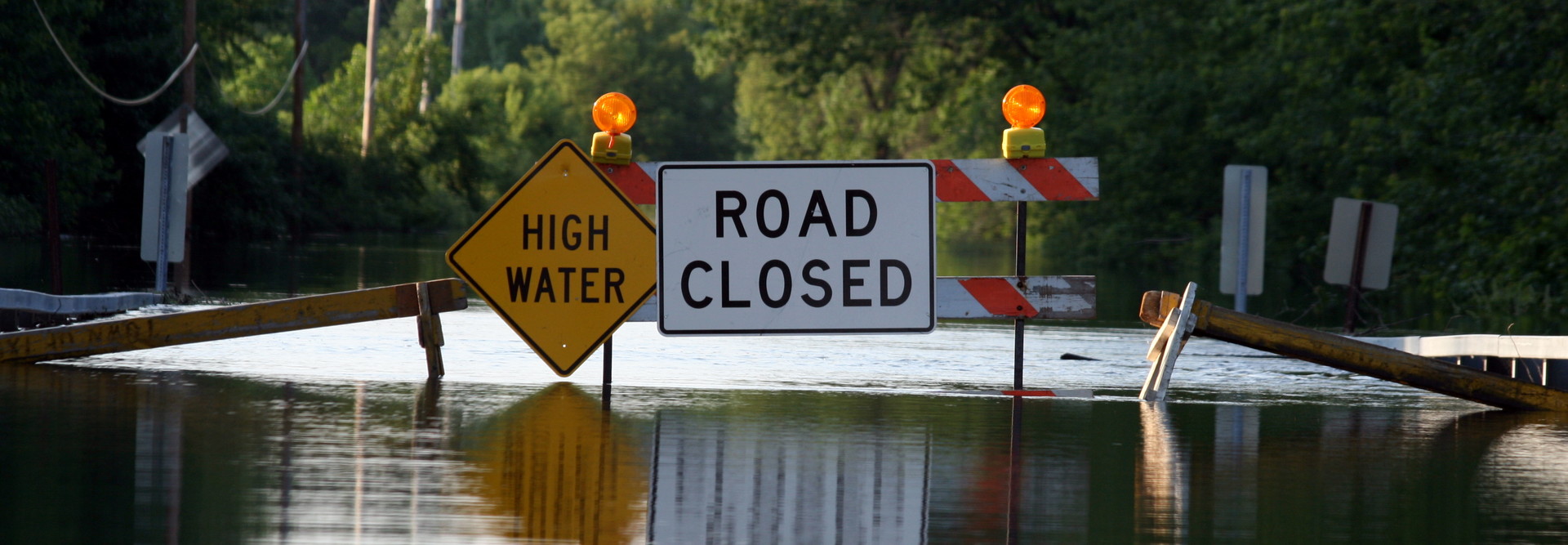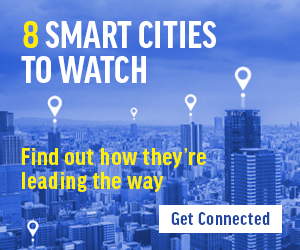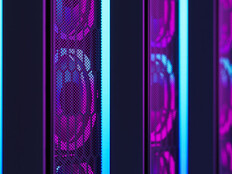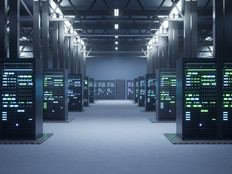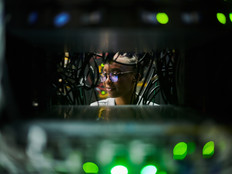Standardization Is Critical to Sharing Data with Partners
Cary Smart City Program Manager Terry Yates emphasized the importance of educating city personnel on available resources. When attempting to solve a problem, staffers may go searching for the latest new application without realizing the city already owns a solution. Furthermore, “we've worked out the data management and security” aspects of the solution, Yates said.
Managers soon realize the benefits of integrating with the common platform as well, as data used to resolve their issues may complement city projects elsewhere.
“As soon as that data comes into your architecture, standardize it so it can be ingested into all of your platforms,” Yates said. Cary collects data with Dell Boomi and distributes data to users through Salesforce. The town stores documentation on all of its productions in a central location using Box.
In the case of stormwater, floods “don't have municipal boundaries,” Yates said. The Triangle region shares data through Cary’s platform, which can then automate a response to conditions. Should floodwaters reach a certain height, the platform automatically alerts public works to close the road, for example. Yates likened the platform to a Fitbit for the region.
Raimundo emphasized the importance of avoiding data silos and educating departments and other municipalities on how data links together across systems.
“One department usually knows one piece of it — beginning, middle or end — and doesn’t really know what happens to it after,” she said.
MORE FROM STATETECH: Take an in-depth look at how Cary, N.C., uses the Internet of Things.
Many Projects Depend on Effective Data Collection and Sharing
Water level and flood monitoring clocked in at No. 3 on a list of top 10 smart city use cases for the Internet of Things, according to a presentation by Rob Silverberg, Dell EMC CTO of Digital Communities.
Here are the top 10 global smart city use cases in cities that have fully or partially deployed them, as cited by Dell Technologies:
- Connected public transport - 74%
- Traffic monitoring and management - 72%
- Water level and flood monitoring - 72%
- Video surveillance and analytics - 72%
- Connected streetlights - 68%
- Weather monitoring - 68%
- Air quality and pollution monitoring - 68%
- Smart metering for water - 66%
- Fire and smoke detection - 66%
- Water quality monitoring - 64%



